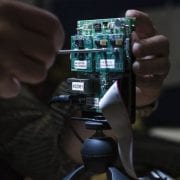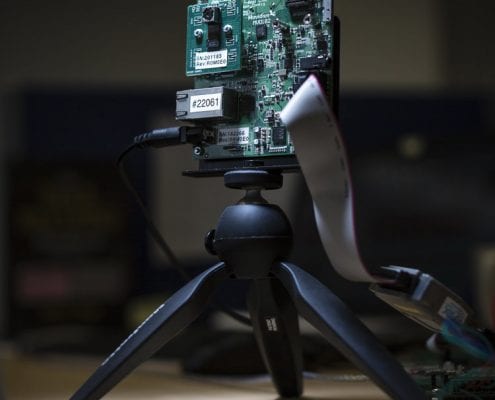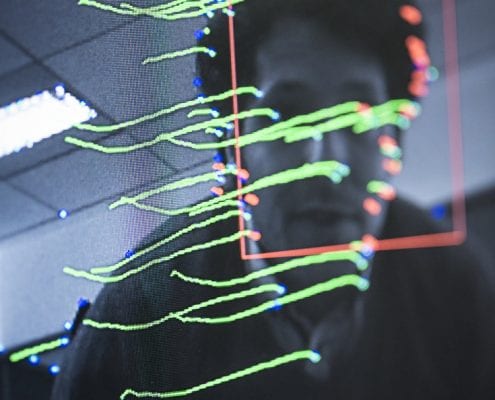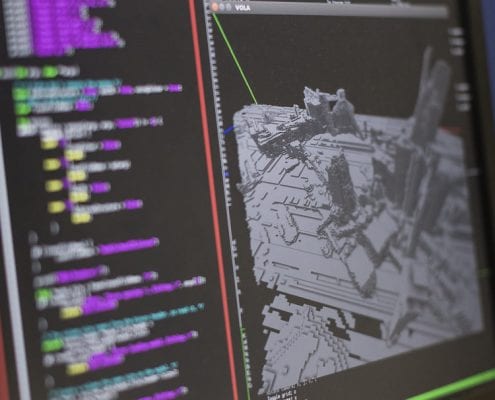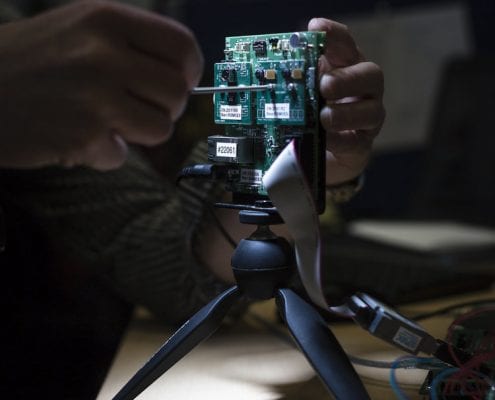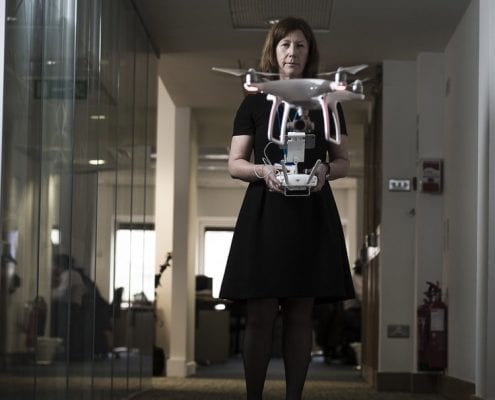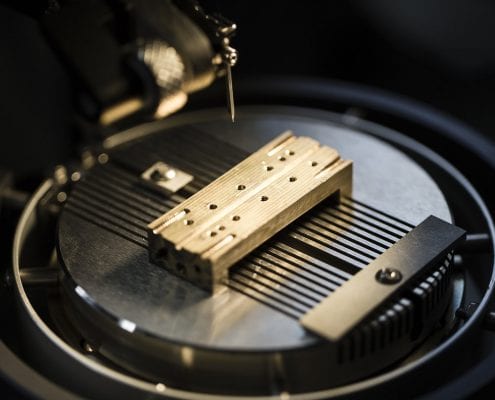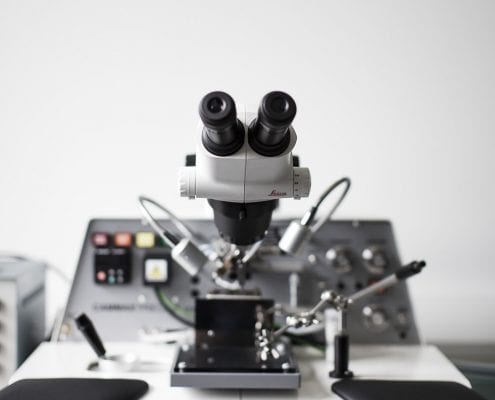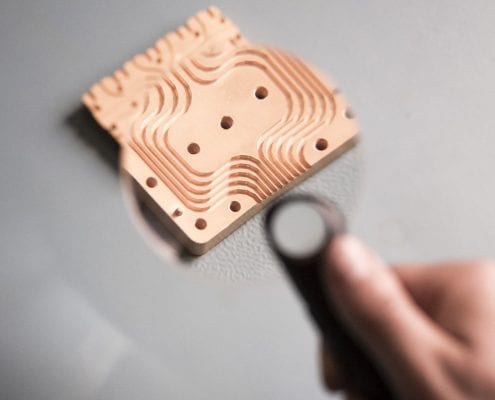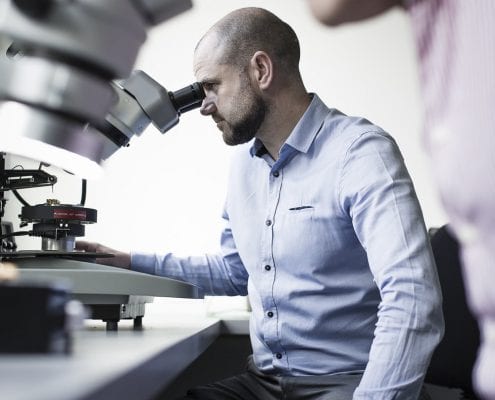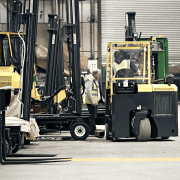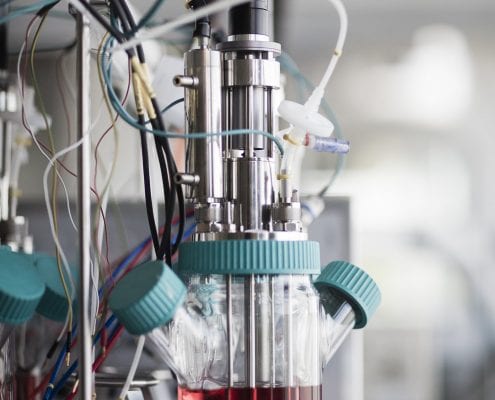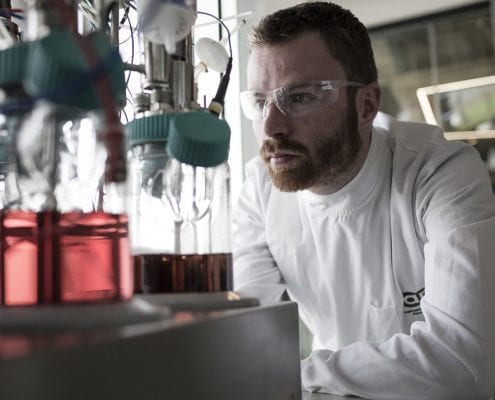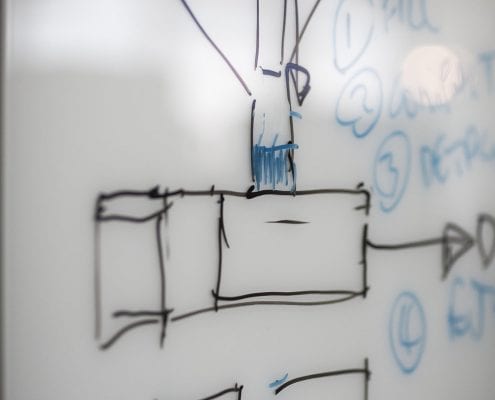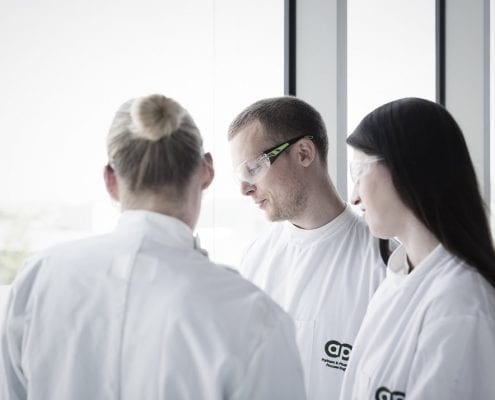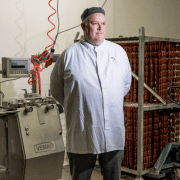Top 10 Tips for Exporting to The USA
Ireland enjoys a unique advantage in trading with the US because of our deep historical links. Relations between the two governments are exceptional; and cooperation at an institutional level is excellent including in areas such as research, innovation and education.
There is, without doubt, huge opportunity in the US. Around 700 Enterprise Ireland client companies are exporting there and companies like Aerogen, Fenergo, Cylon Controls, Candidate Manager and Rubicoin have set up offices and accelerated exports in the past 24 months. To date, over 20 clients have won contracts worth over €500,000.
1. Preparation
Before entering the US market, extensive research at home is strongly advised. Make contact with State agencies, relevant support organisations and companies who currently export to the US, if possible. Targeting the US usually requires additional financial and human resources, so to keep costs and operations manageable in such as geographically big country, first-time entrants are advised to segment the market and target a particular region or state. Give careful consideration to the resources needed to serve the selected market, for instance, will the operation use a direct or indirect sales channel. Some companies hire locally and others (often in the early stages) put a C-level member of the team in the market for a short period to get things off the ground.
2. Legal
Corporate – Confirm your corporate structure. Typically setting up a US subsidiary makes sense both for tax and liability reasons. Your US subsidiary also will need to appoint a registered agent, and “qualify to do business” in every state in which you have an office or similar presence.
Intellectual Property – Address US trademark issues defensively (confirming that no one else has prior registered or unregistered rights in respect of name and key brands); and offensively (by filing a US trademark application). Patent issues may need addressed depending on the business.
Contractual Terms and Conditions – These must be converted to the laws of a US state, for legal and commercial reasons.
Employment – Get professional employment advice locally. Most US employees do not have employment contracts but employers are bound by offer-letter terms, employee manuals and other undertakings. Also, ensure confidentiality and IP assignment agreements with all employees are established.
3. Tax Structuring and Compliance
Establish appropriate arm’s-length arrangements between the Irish parent and US subsidiary to separate taxable income. This is particularly important because US corporate tax rates (federal and state), totalling about 40% are typically three times the level in Ireland. Have appropriate compliance procedures in place to address federal and state corporate income tax, as well as other potentially relevant tax regimes (sales tax, personal property tax, etc.), particularly at the state and local level.
4. Trends
US import trends indicate high potential for Irish exporters. Meat imports were valued at €9.4bn which was the second fastest-growing import; while dairy went up over 40% to €2.8 billion. The US also imports pharmaceuticals worth $86.1 billion; medical and technical equipment worth $78.3 billion and organic chemicals worth $52.1 billion. These are all among the top 10 Irish exports by category. It is also a big importer in sectors such as aviation and aerospace, mechanical and electronic equipment, insurance and ICT services – all of which are growing in Ireland.
5. Banking
It can be difficult for a non-US company to set up banking for its US subsidiary. Some banks are particularly focused on banking high-growth companies on a trans-Atlantic basis, which can help ease the process.
6. Immigration
Most Irish companies exporting to the US find it critical to establish a presence in the market. This is particularly true in software and high-tech. An estimated 65% of Irish exporters to the US have a full-time presence, ranging from a single-person sales office to manufacturing operations with thousands of employees. Route-to-market decisions are crucial and the role of agents and distributors cannot be ignored. Buyers rarely purchase directly from manufacturers, particularly those from overseas. So fulfilment centres have become increasingly important in the supply-chain, especially since the growth of e-business. This approach is better suited to non-perishable items and consumer products.
7. Insurance
The US is a high-risk environment. Get an insurance broker with trans-Atlantic experience to advise on types of cover, terms and limits.
8. Recruitment
The most difficult aspect of setting up in the US is finding the right people. Obtaining recommendations from trusted people including investors and advisors is often the best way. Otherwise get professional support (especially with sales people). Consider outsourcing for book-keeping, employee tax withholding, HR and mandatory employee insurance and benefits, and similar matters. Also note that visas permitting Irish personnel deployed in the US to work are needed. Allow three to four months to sort this out.
9. Offices
Get professional advice on office space and other properties such as co-working spaces (like WeWork), accommodation offices (like Regus) or renting an individual premises.
10. Incentives and Supports
US supports should not be overlooked. Federal, state and local development agencies and international chambers of commerce can provide very useful support. State and local incentives for investment and job creation also may be available.


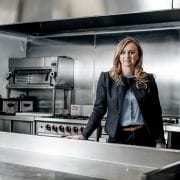
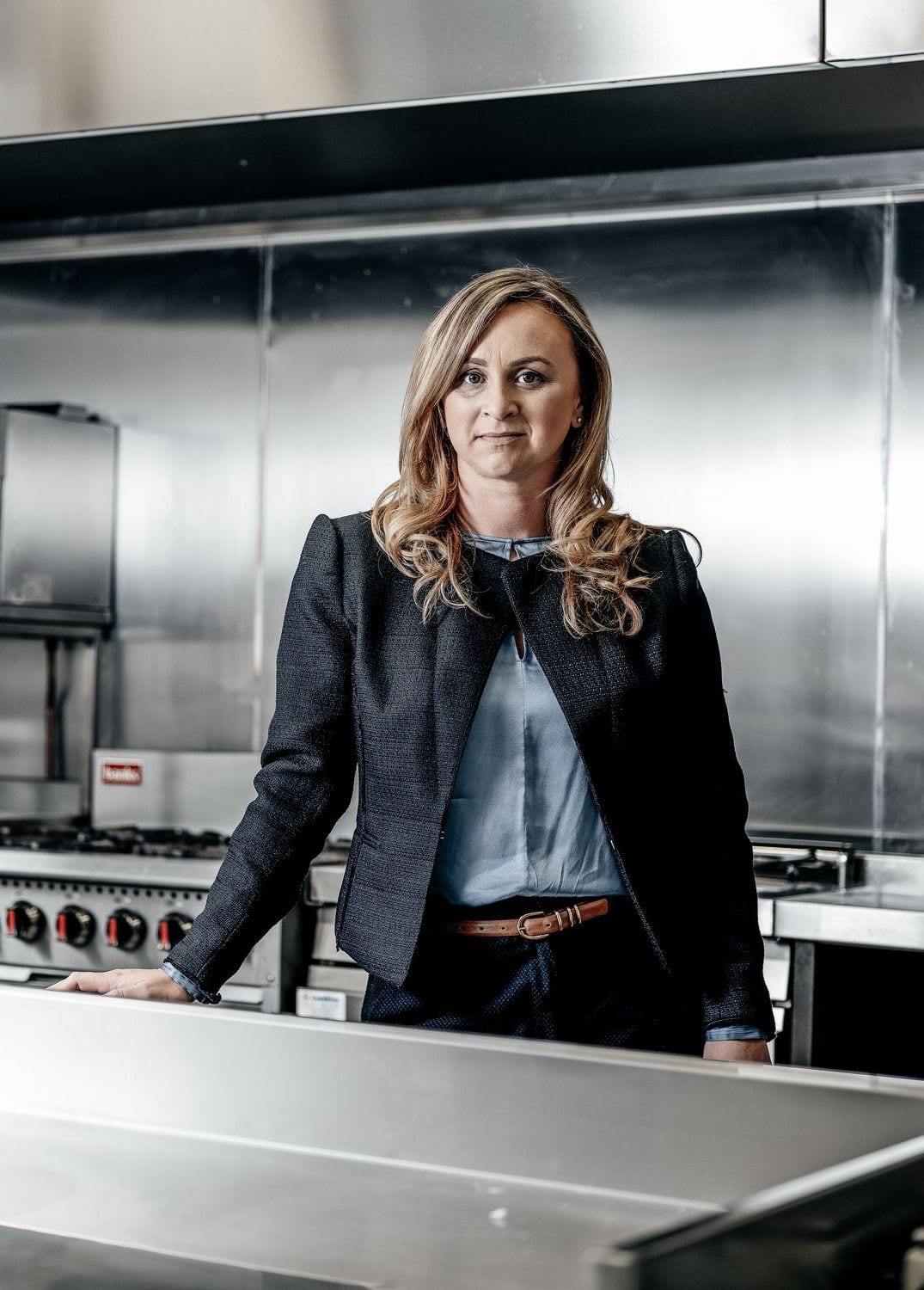 “We started with two products and we now have 15. We are constantly working on our products to improve them. We are also working on ways to extend the shelf life of our products without sacrificing flavour – this is very important in markets such as Scandinavia.”
“We started with two products and we now have 15. We are constantly working on our products to improve them. We are also working on ways to extend the shelf life of our products without sacrificing flavour – this is very important in markets such as Scandinavia.” Solving the gluten problem proved interesting. “We use various ingredients such as apples, potatoes, peas, sweet potato, even bamboo, to add flavour and replicate the gluten”, she says.
Solving the gluten problem proved interesting. “We use various ingredients such as apples, potatoes, peas, sweet potato, even bamboo, to add flavour and replicate the gluten”, she says.